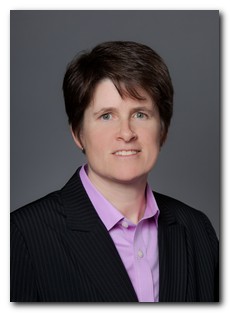On Monday the Seattle City Council sent a letter addressed to Gov. Jay Inslee, state Sen. Jeanne Kohl-Welles and state Rep. Roger Goodman asking for “further action from the State to appropriately regulate medical cannabis.” The letter was signed by all nine members of the Council along with City Attorney Pete Holmes.
According to the letter, the issue at hand is the “gray market” that medical marijuana continues to operate in even as the state prepares to implement the recreational pot market created under Initiative 502. City lawmakers worry that, “If relatively easy access to medical cannabis continues, the goals and potential of Initiative 502 will be undermined.” The letter also states: “While may of their clients live with conditions ameliorated by medical cannabis, the vast majority do not and would be better served through the access made possible by Initiative 502.”
While striking a more diplomatic tone, the Council’s take on the medical pot industry doesn’t seem too far off from that of Christopher Hurst, a Demoratic legislator from Enumclaw and retired police commander who wants to shut it down.
Here’s the meat of the letter:
We believe it is in the best interest of Seattle and the state to coordinate and improve regulation of the entire cannabis market, medical and recreational. This could mean combining the general adult cannabis market and the medical cannabis markets into a single regulated system. The continued existence of separate cannabis markets could sustain unregulated markets (competing against Initiative 502 outlets) and compromise public health and safety. We also believe the State should make certain that the legitimate needs of medical cannabis users are met. Patients deserve a system that supports development of medicines appropriate to different conditions and a price point patients can afford.
The City Council goes on to say that allowing the medical marijuana economy to continue operating in a “gray market” risks irking the Department of Justice, noting that the DOJ has “made clear that cities and states with legalized marijuana must have serious and effective regulatory schemes, on paper and in practice.”
The letter concludes: “Managing social change of this magnitude requres careful public policy. We appreciate your thoughtful review of these issues and look forward to partnering with you as we build a solid regulatory framework for cannabis in our community.”
Yesterday the state Department of Health, Liquor Control Board and Department of Revenue unveiled a timeline for developing recommendations for the Legislature on medical pot. According to the timeline, draft recommendations will be delivered to stakeholders for comment by Oct. 21, with the deadline for delivering final recommendations to the Legislature coming Jan. 1, 2014. According to a press release issued Monday, “Section 141 of the state operating budget directs the Liquor Control Board to work with the departments of Revenue and Health to develop recommendations to the Legislature regarding the interaction of medical marijuana and the emerging recreational marijuana system. The workgroup, which includes senior staff from each agency, has been meeting since July.”








